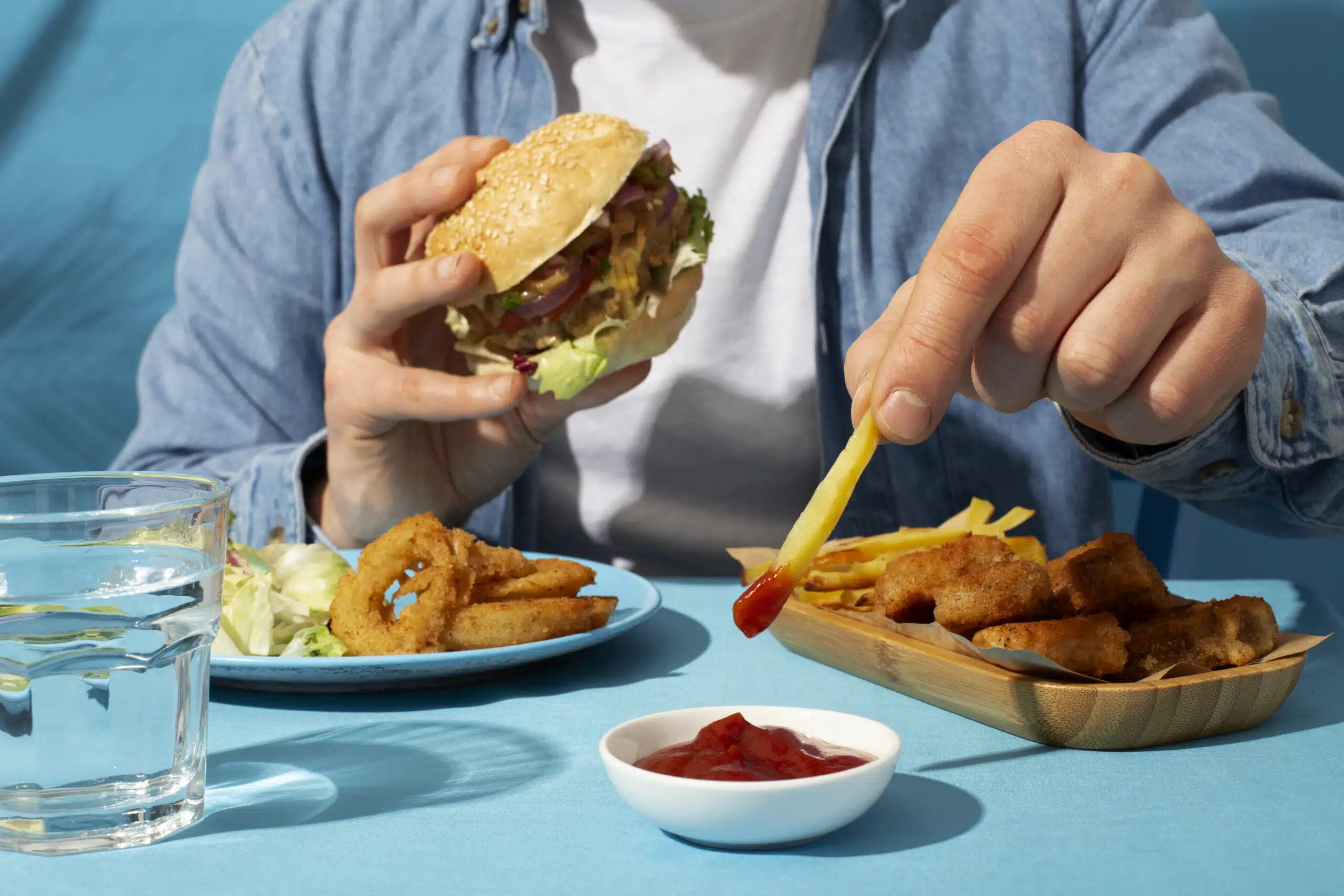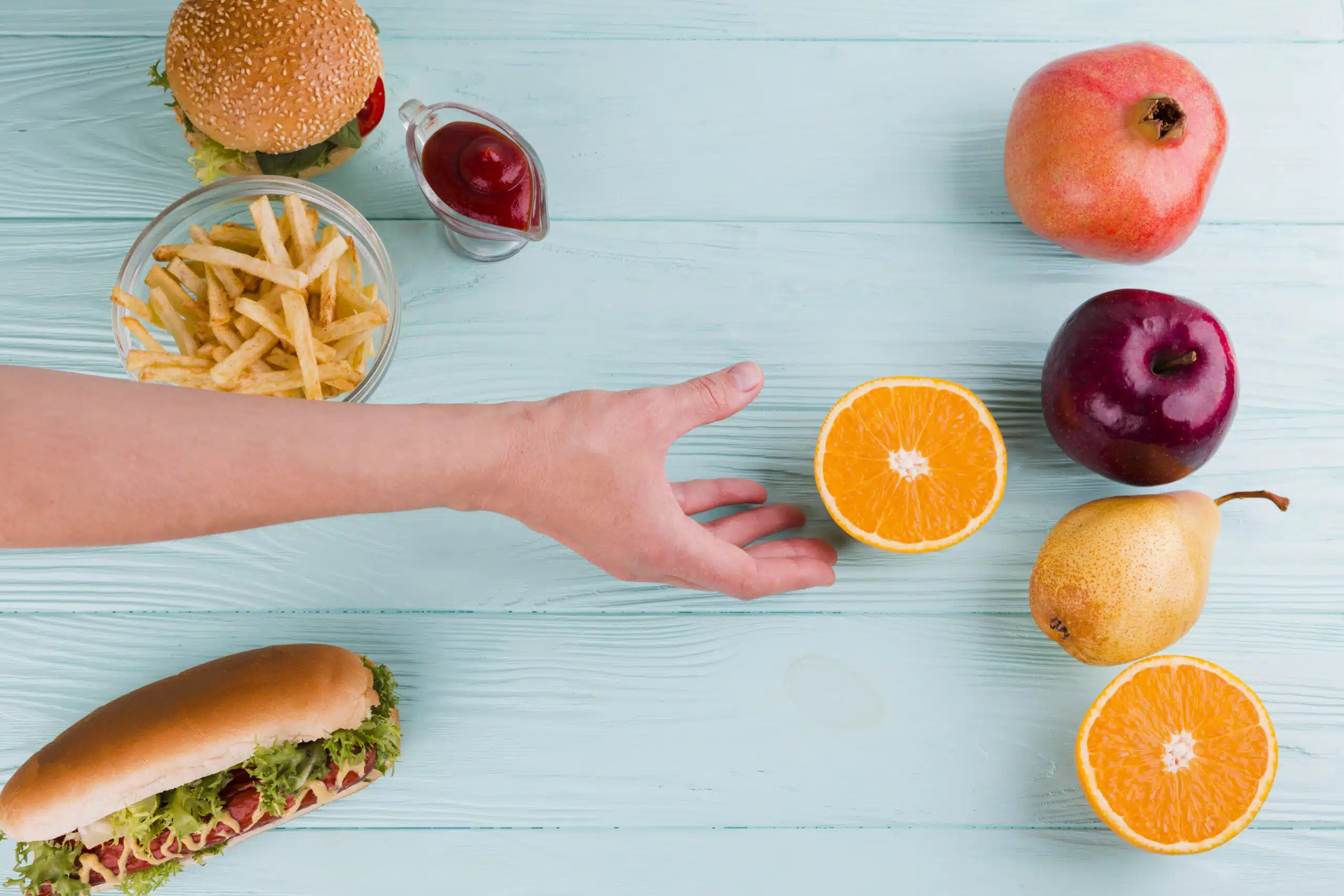Unhealthy snacks, while tempting, can have far-reaching consequences, from obesity and cardiovascular risks to persistent hunger and unfavorable health markers.
However, this is not a tale of despair but an opportunity for transformation. We can reshape our snacking choices, opting for nourishing alternatives like fresh fruits and nuts. These small shifts can lead to healthier body weights, improved metabolic health, and a brighter future.
Keep in mind that your path to better health is personal. It's essential to seek professional advice from your healthcare provider before modifying your wellness regimen, as this article offers information but cannot replace the expertise of a medical professional.
The allure of unhealthy snacks may persist, but armed with wisdom and informed decisions, we can pave the way to a healthier tomorrow. Embark on Your Journey to Smarter Snacking with Expert Support from Edge Weight Loss & Fatigue.
Contact us today!

